(ECNS) -- The great achievements in reform and opening up are closely related to excellent traditional Chinese culture, Chen Lai, dean of the College of Chinese Ancient Studies, Tsinghua University, said at the Forum on Building up China’s Cultural Strength held on Wednesday in Shenzhen, Guangdong Province.
Chen emphasized the relationship between Chinese modernization and excellent traditional Chinese culture in his speech.
He noted that China culture is embodied in the ethical norms of our daily life, such as the qualities of diligence, thrift and patience, while restraint, dedication to work, honesty, and the spirit of hard-work and learning are typical characteristics of Confucian culture.
"China's great achievements in reform and opening up are attributed to the hard work and creativity of Chinese people, and closely related to the fine traditional Chinese culture," He said.
As for how countries and societies with different historical and cultural backgrounds achieve modernization, Chen believes that modernization, which has been a great concern of people since the end of the 19th century, literally means entering a modern society from the traditional society.
In his view, the biggest limitation of early modernization theory is that the relationship between tradition and modernity is explained from the standpoint of Eurocentrism, and the explanation of modernization development path is also based on the road taken by western countries, as well as the cultural resources and social structure of western countries, which has produced a one-sided concept of modernization, especially the part that advocates non-western countries should abandon their traditional culture and replace it with western culture.
However, even within the framework of modern western civilization, there are many modernization models. Although they are of the same origin and share some common characteristics, they have different ideologies, institutional models and cultural values. "Modernization has different civilization forms," said Chen.
According to him, after the 1950s, Japan and the Four Asian Tigers (Hong Kong, Taiwan, Singapore, and South Korea) successively made great economic achievements, which has taught academic circles that the view that "Confucian culture and modernization are absolutely exclusive" is untenable. Meanwhile, the unique new model of modernization presented by Confucian culture proves that it can boost modernization.
He further pointed out that people who grew up under the influence of Confucian culture and accepted Confucian values can also create outstanding economic achievements in a free and open market economy.
In recent years, China has continuously promoted the concept of Chinese path to modernization, and achieved great achievements, fully demonstrating its theoretical and practical values, said Chen.
In his eyes, the advocacy and inheritance of excellent traditional Chinese culture will give birth to a series of original ideas, thoughts and strategies, and that in this process, the institutional and cultural models and civilized connotation of Chinese modernization will be shaped.
"Over the past century, China has gradually developed its own path to modernization and we are creating a new form of this type of modern civilization,” Chen said.
“Let us work together to carry forward Chinese culture and realize the great rejuvenation of the Chinese nation," he added.








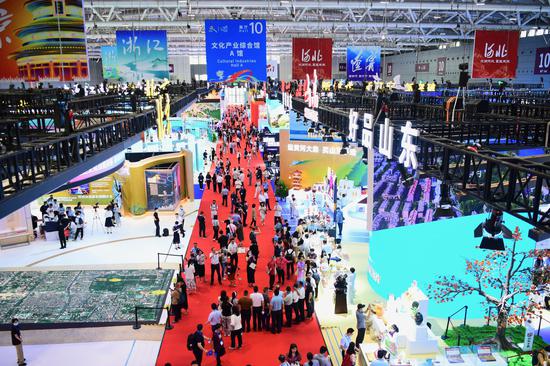


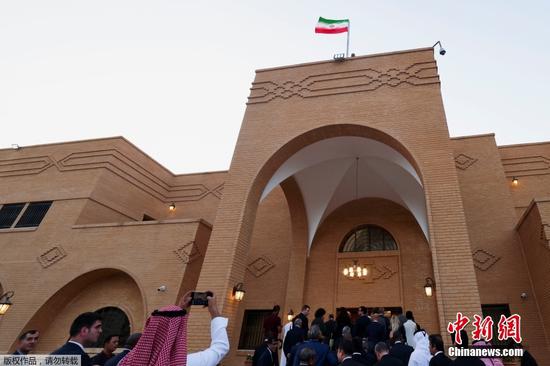
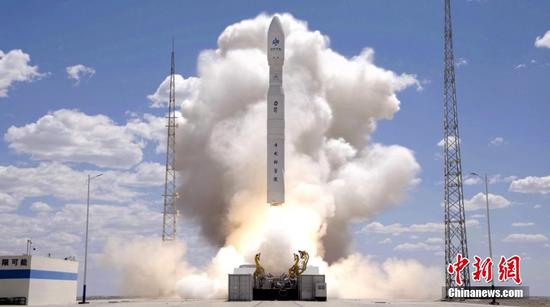


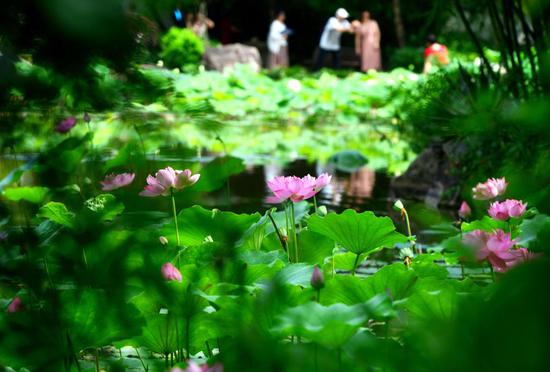
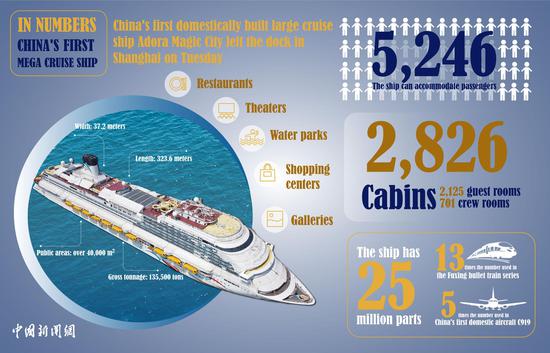
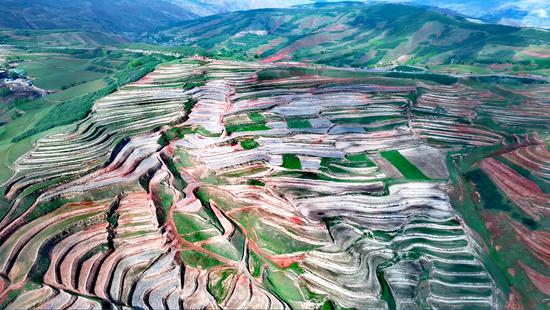
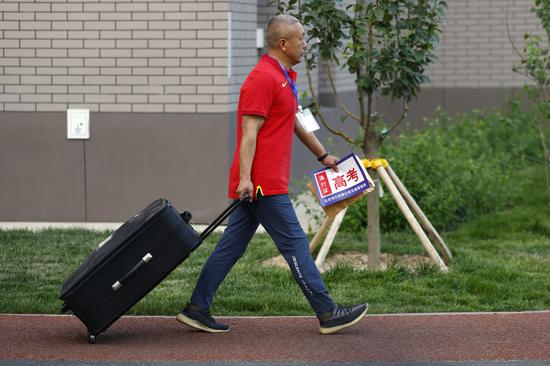
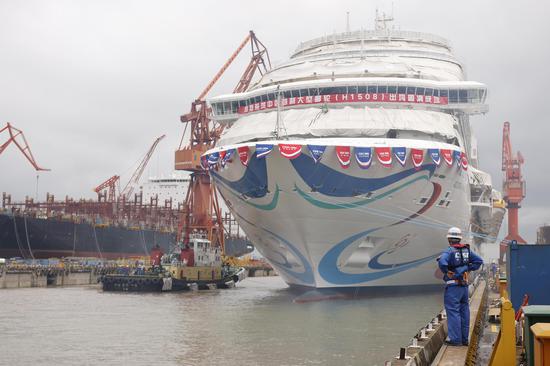


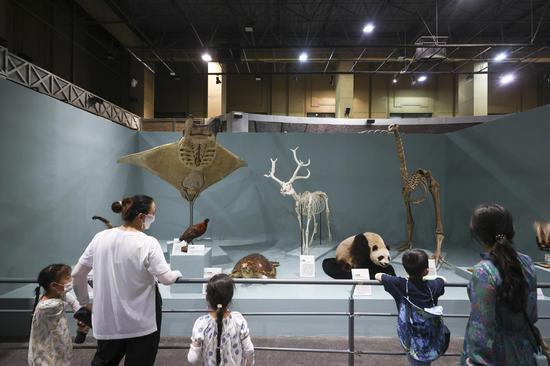
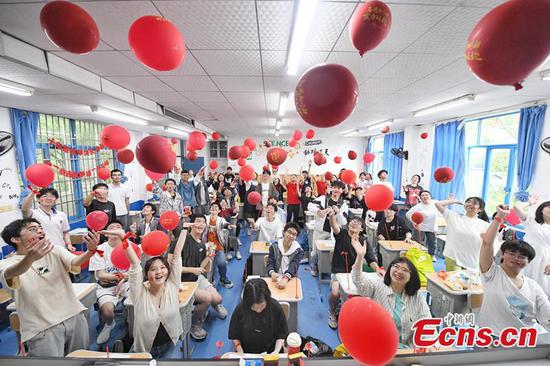
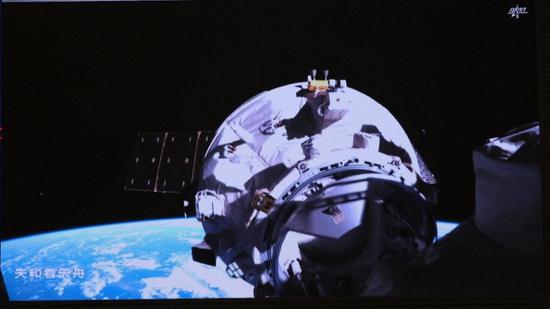
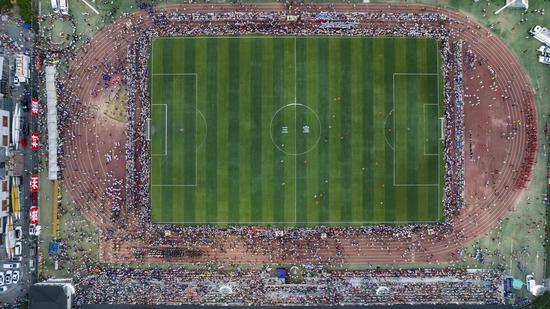

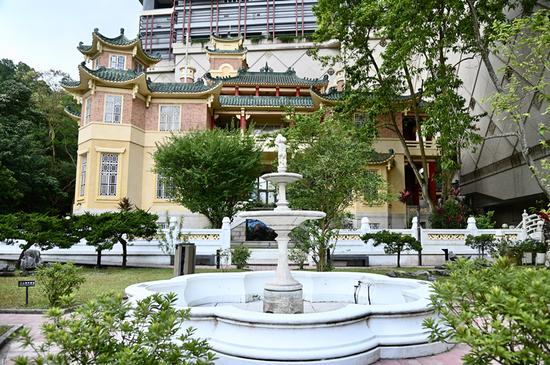
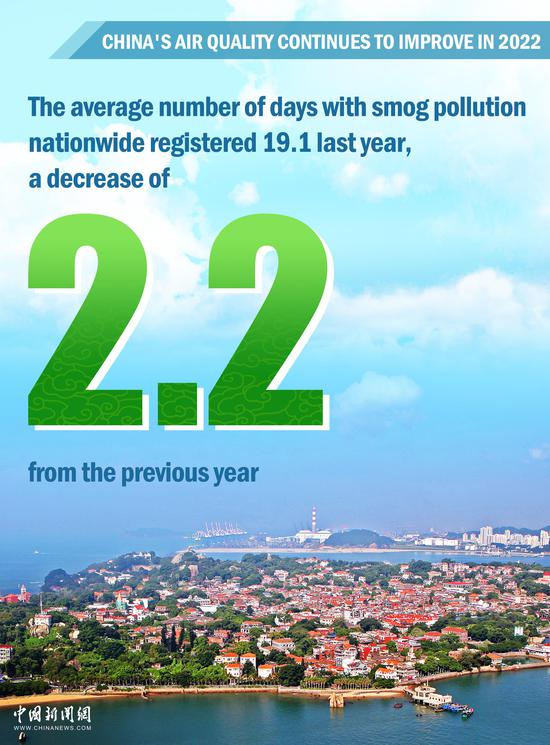

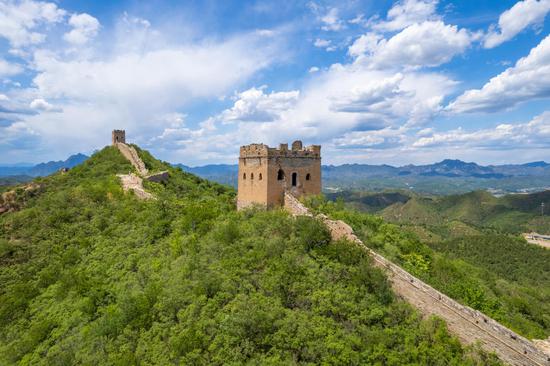

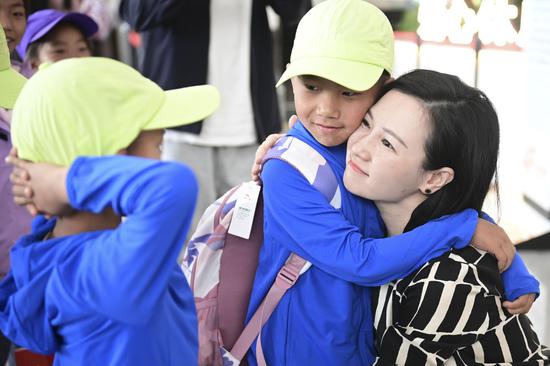
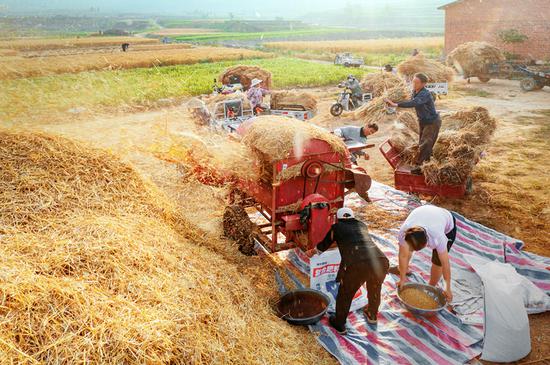
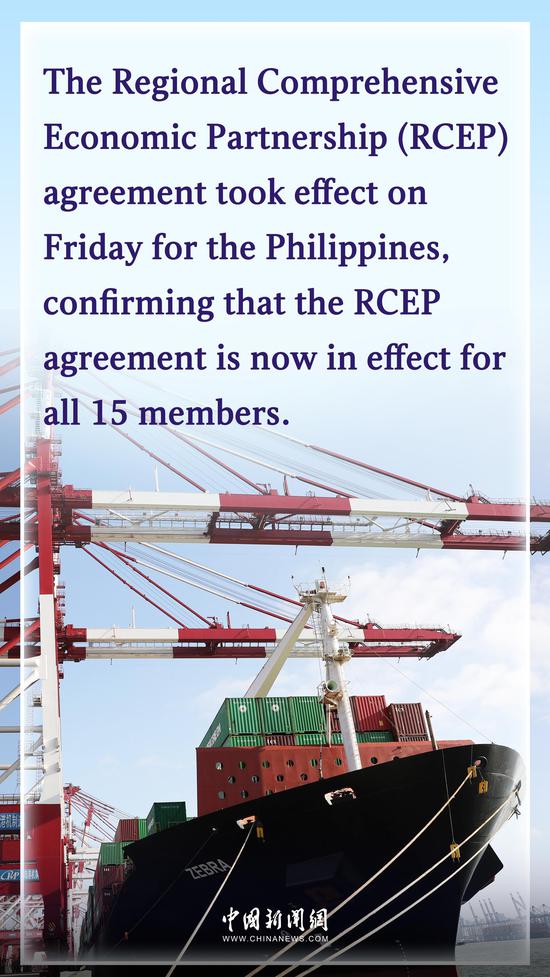
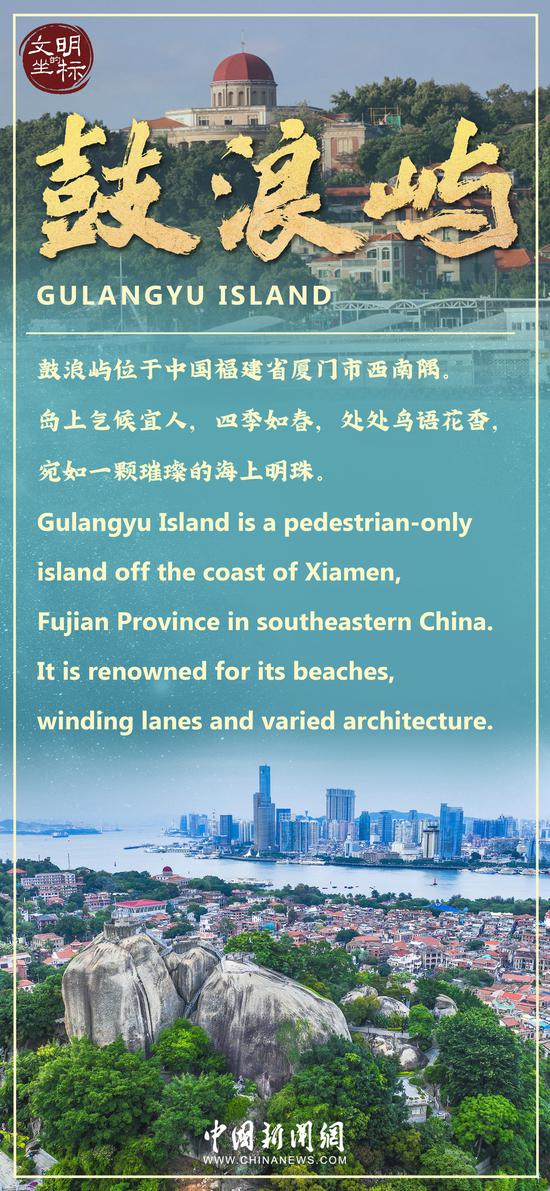
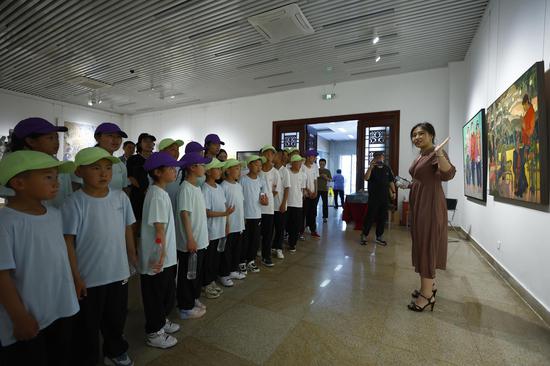


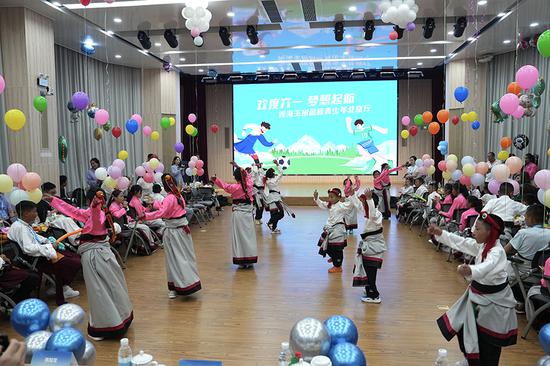
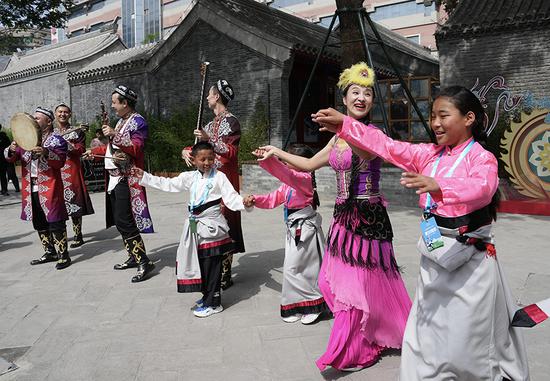
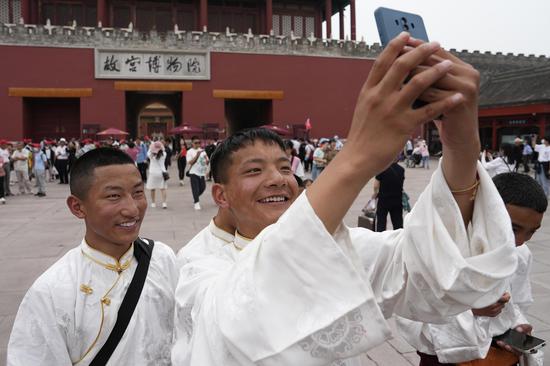
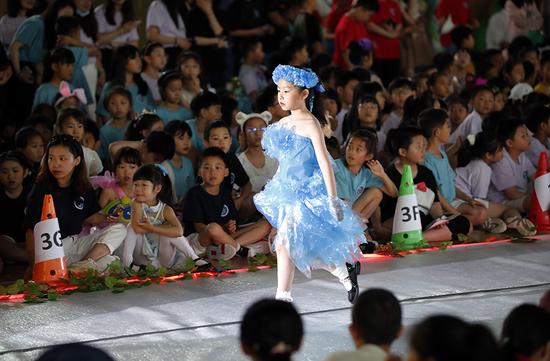
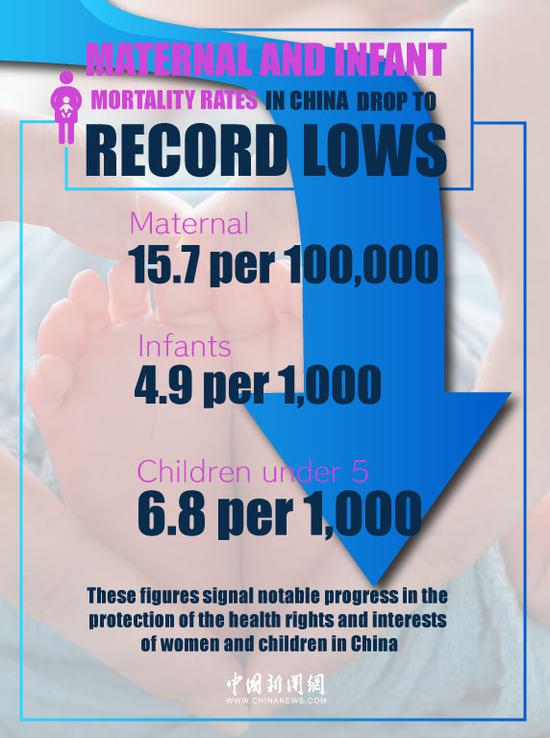






 京公网安备 11010202009201号
京公网安备 11010202009201号